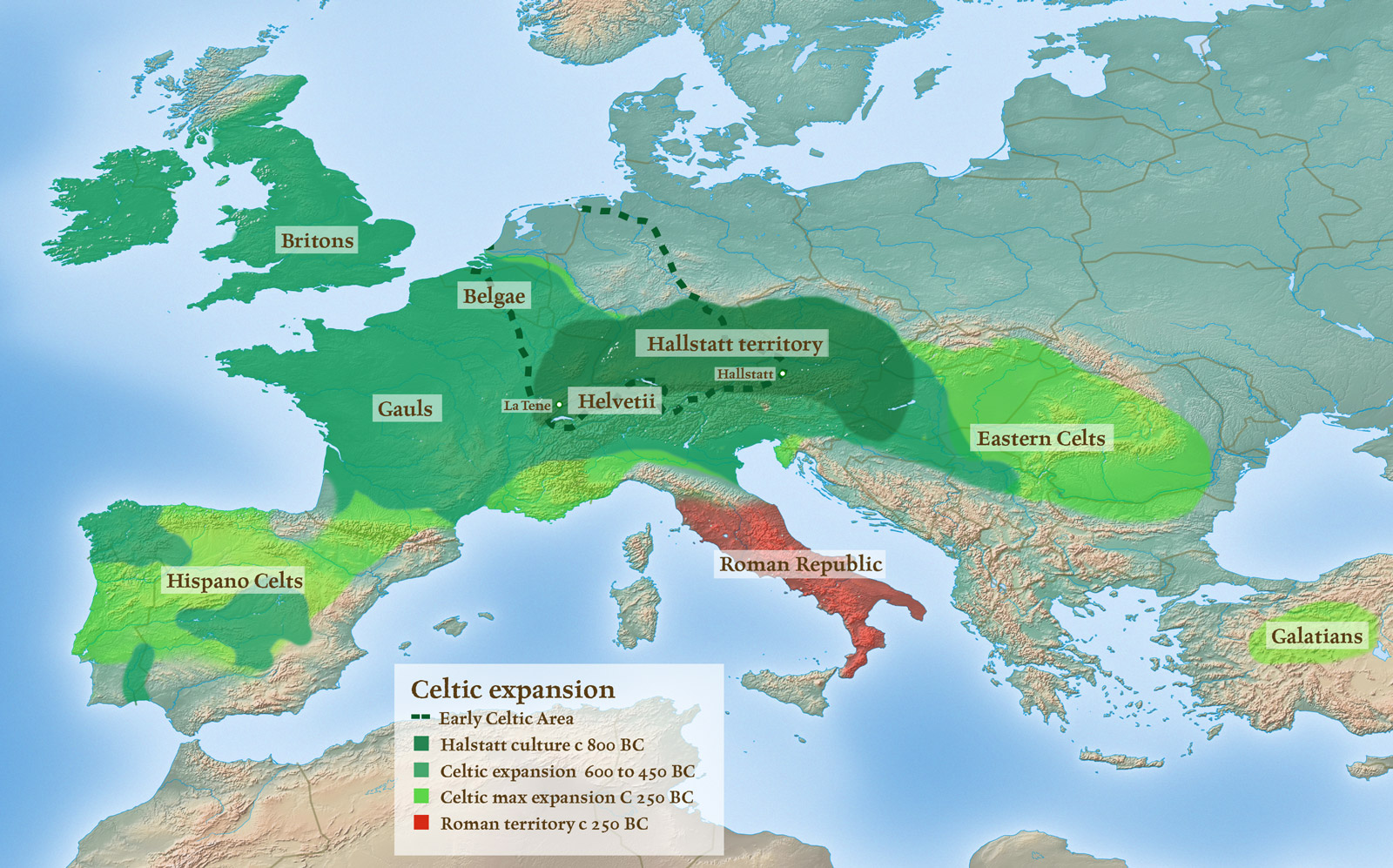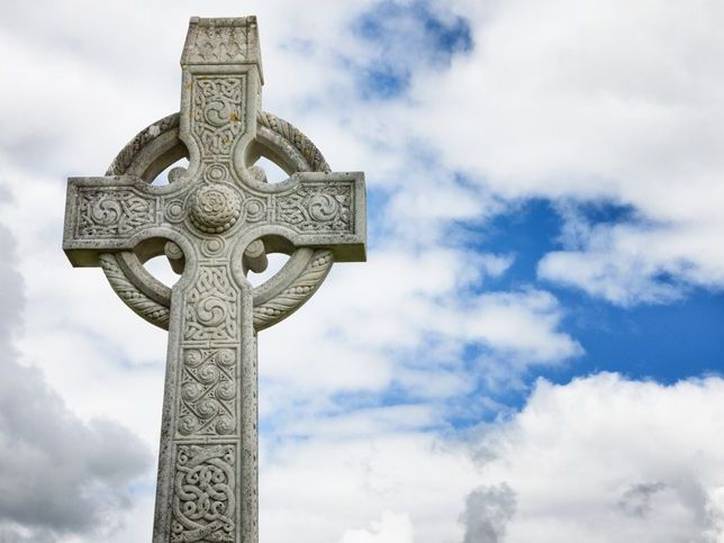Gaul did have several leaders who joined Caesar and then tried to betray him later. He... wasn't subtle in the way he responded to that.
Generally speaking, the Gallic tribes were adopted as amici ("friends", meaning vassals) and disloyalty was brutally punished. Over time, many of these tribes were Romanised and fully absorbed into (what was by then) the Empire. This process of assimilation was indeed potent (we may say: utterly complete, since I don't see many Gauls around!) and did indeed happen quite quickly. But "quite quickly", in this context, means a few generations.
Arminius, on the other hand, was a German from a freshly (quasi-)subdued land where the Romans arrived during his life-time, and who was granted citizenship later on. That, I think, was a bit too quick. With the benefit of hindsight, the Romans would probably agree!
One minor nitpick to an otherwise very good post here: Don't present-day French people identify as the descendants of Gauls?


